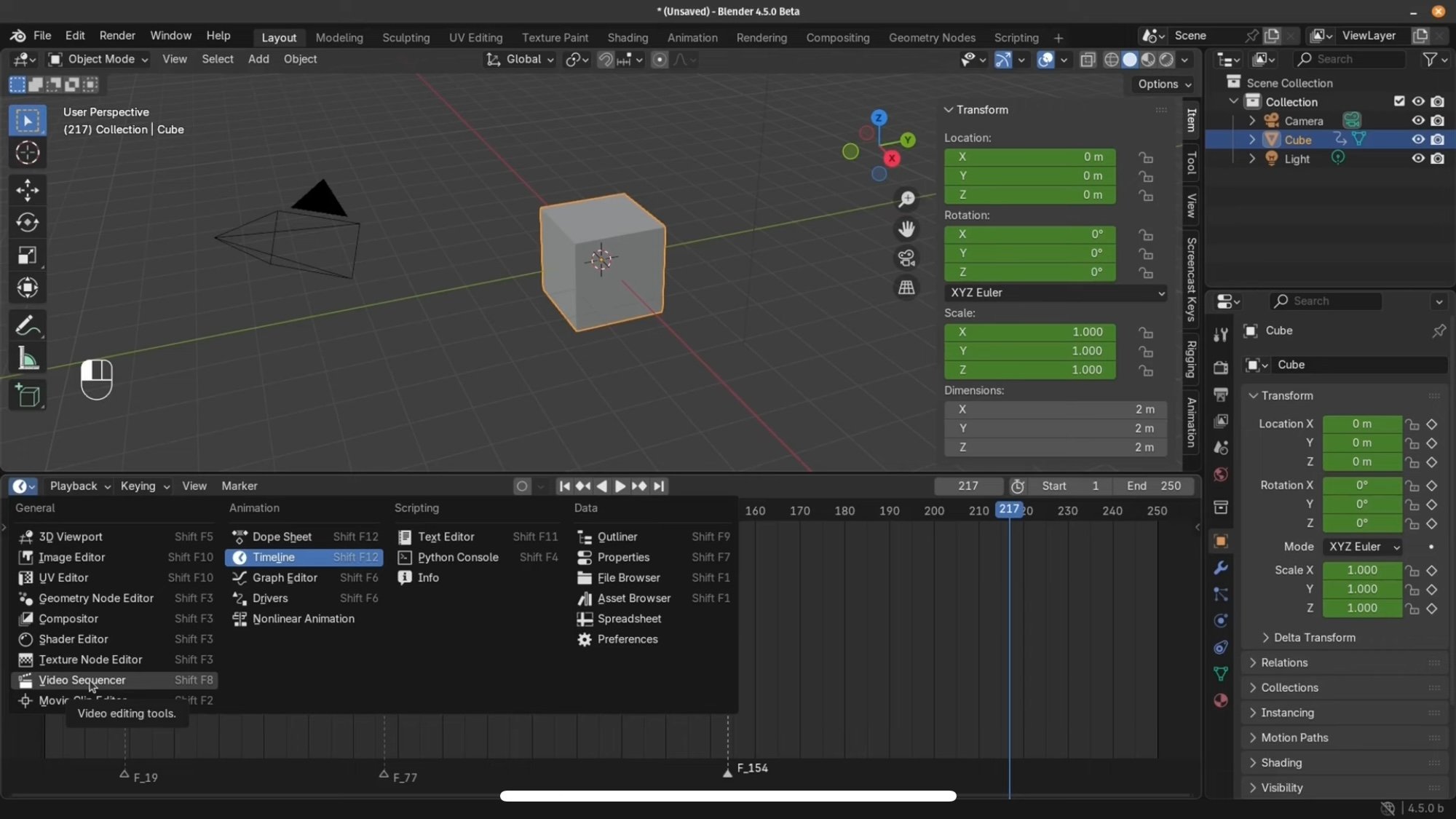WaitLock: Lightweight POSIX Locking for Shell Scripts
WaitLock is a portable UNIX/POSIX command-line tool providing mutex and semaphore functionality for shell scripts. It enables synchronized access to shared resources across multiple processes, featuring automatic cleanup upon process termination. Supporting both mutex (single lock holder) and semaphore (multiple concurrent holders) modes, WaitLock offers CPU-aware locking, lock inspection, multiple output formats (human-readable, CSV, null-separated), command execution, and seamless UNIX integration (environment variables, stdin, syslog). Its portable C implementation ensures compatibility across POSIX systems.












